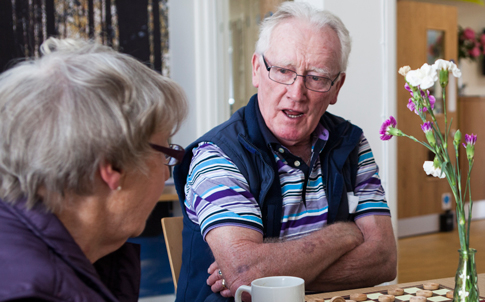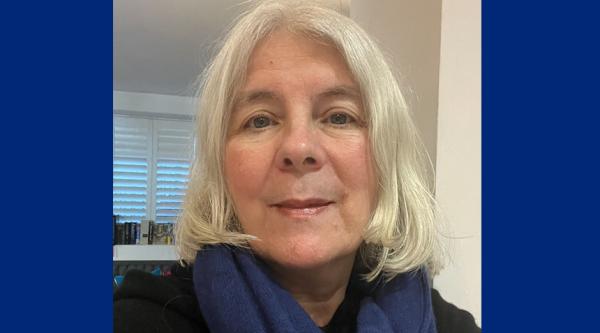Advice from carers if someone refuses to see the GP
From the October/November 2016 issue of our magazine, we asked forum members for their advice if someone's father had dementia symptoms but refused to discuss them or to see the GP.

Hodge says,
'Try very gently explaining that you have noticed he is having difficulty in remembering things and it is better to be on the safe side and should consider visiting his GP for a chat.
'Explain that if there is a problem, and there may not be, the sooner he is prescribed any medication that may be required, that he will be better for it and how it might help to prevent possible deterioration in the future.
'Reassure him that you are there to provide help and support wherever and whenever he may need it and that there is no need to be afraid because he will always have you by his side.'
Henfenywfach says,
'A diagnosis is key to supporting a person, as there are other things symptoms could be – infection, vitamin deficiency etc… If there are key words that upset, insist they are put to one side, and in one way that's a person-centred approach.
'Every person is so individual. Every diagnosis is individual. The support networks out there such as dementia support workers see this every day and can help.'
Ottoman68 says,
'Everything needs to be taken very gently. You could talk to the practice manager and see if the GP would put a note on the next prescription request that a GP appointment must be made before any medication is authorised. Then go with him to the GP appointment and steer the conversation around to the possibility of a mini memory test.'
Stephypie says,
'I'm experiencing a very similar situation with my dad too. I found that if I turned it round and said it would really help me because we may be able to get extra help that would give me a break then dad normally agrees to any consultation. So far I've managed to get him to the initial consultation, the memory clinic and to a brain scan using this technique.'
Amy in the US says,
'I should like to point out that there is a difference between denial, where someone who has understanding of the situation is wilfully or intentionally avoiding a subject (perhaps out of fear or stubbornness), and a person who is not capable of understanding there is something wrong with them (anosognosia or lack of awareness). If the latter is the case, there is no point in treating it as the former.
'It's also worth remembering that self-awareness and lucidity can change over time, and even moment to moment.'







